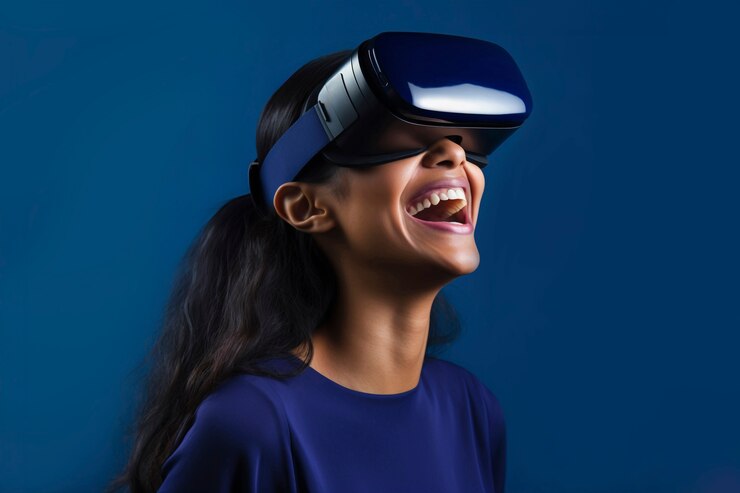
Wearable technology has evolved rapidly over the past decade, becoming a part of our daily lives. From smartwatches to fitness trackers, these devices have changed how we interact with technology and monitor our health. But what does the future hold for wearable tech? Let’s explore the exciting innovations on the horizon.
Advancements in Health Monitoring
Firstly, wearable technology will become more advanced in health monitoring. Beyond tracking steps and heart rate, future devices will offer features like continuous glucose monitoring for diabetics, real-time blood pressure readings, and early disease detection. By integrating artificial intelligence, these wearables will analyze data to provide personalized health recommendations and alerts, empowering users to take proactive measures.
The Rise of Smart Fabrics
Next, smart fabrics will revolutionize the wearable tech industry. Imagine clothing that can monitor your body temperature, heart rate, and stress levels seamlessly. Researchers are developing textiles with tiny sensors that can collect data and transmit it to your smartphone or other devices. These smart fabrics promise to enhance athletic performance and health monitoring and provide new levels of comfort and functionality in everyday wear.
Augmented Reality Glasses
Augmented reality (AR) glasses represent another thrilling frontier for wearable tech. While previous attempts, like Google Glass, faced challenges, new advancements are making AR glasses more viable. Companies like Apple and Microsoft are investing heavily in this technology, envisioning glasses that overlay digital information onto the real world. These AR glasses could revolutionize how we navigate cities, shop, learn, and interact with our environment, blending the digital and physical worlds seamlessly.
Wearable Payment Systems
Moreover, wearable payment systems are becoming increasingly popular. Devices like smartwatches and rings with near-field communication (NFC) technology allow users to make contactless payments with a simple tap. This convenience is just the beginning; future wearable payment systems will likely incorporate biometric authentication, making transactions more secure and seamless. As these technologies evolve, we can expect to see widespread adoption, reducing the need for traditional wallets.
Mental Health Support
Additionally, wearable tech is expanding its focus to mental health. New devices aim to monitor and improve mental well-being by tracking stress levels, sleep patterns, and emotional states. For instance, wearables with electroencephalogram (EEG) sensors can measure brain activity, helping users manage stress and anxiety through biofeedback techniques. This proactive approach to mental health support could significantly enhance the quality of life for many individuals.
Enhanced Communication Devices
Communication is also set to be transformed by wearable tech. Innovative devices like smart earbuds are evolving beyond simple audio playback. Future versions will feature real-time language translation, advanced noise-cancellation, and voice-activated assistants. These enhancements will facilitate smoother and more effective communication, breaking down language barriers and making interactions more natural and efficient.
Sustainable Wearable Tech
Sustainability is another critical trend in the future of wearable tech. As environmental concerns grow, manufacturers are focusing on creating eco-friendly devices. From using recycled materials to developing wearables with longer lifespans, the industry is moving towards sustainable practices. Additionally, advancements in energy harvesting technologies, such as solar-powered wearables, are set to reduce the need for frequent recharging, making devices more environmentally friendly.
Integration with Smart Home Ecosystems
Finally, the integration of wearable tech with smart home ecosystems is becoming increasingly seamless. Imagine a smartwatch that tracks your health and adjusts your home’s temperature, lights, and security systems based on your preferences. This interconnectedness will enhance convenience and create a more personalized and efficient living environment.
Conclusion
In conclusion, the future of wearable tech is incredibly promising. So, advancements will transform health monitoring, fashion, payment systems, mental health support, communication, sustainability, and smart home integration. As technology continues to evolve, these innovations will undoubtedly enhance our lives, making wearable tech an indispensable part of our daily routines. The journey ahead is exciting, and we are just beginning to scratch the surface of what’s possible.
